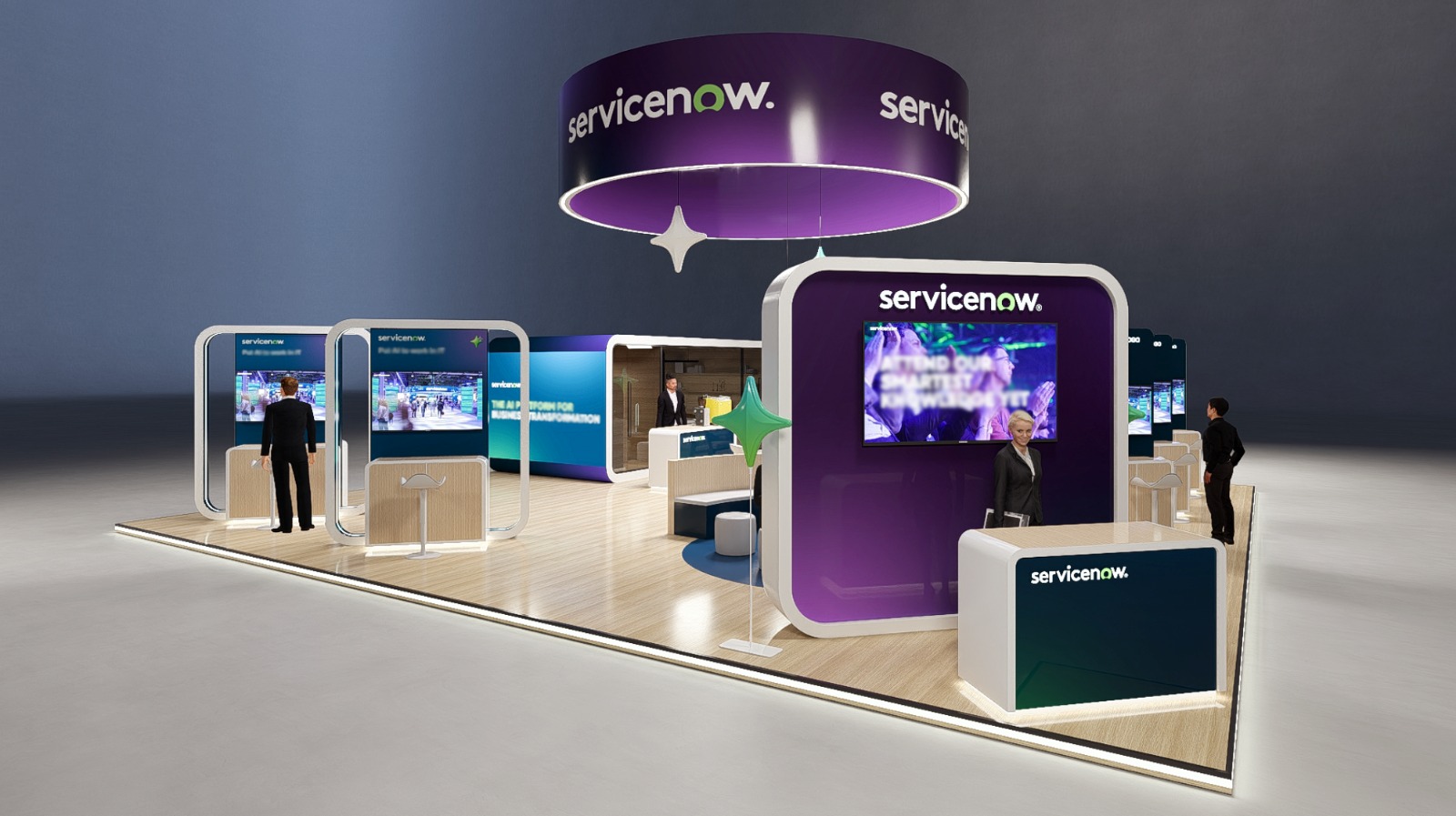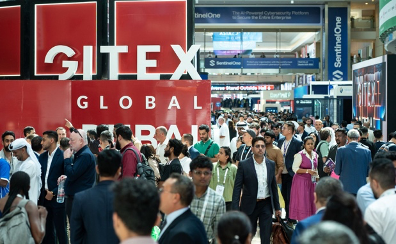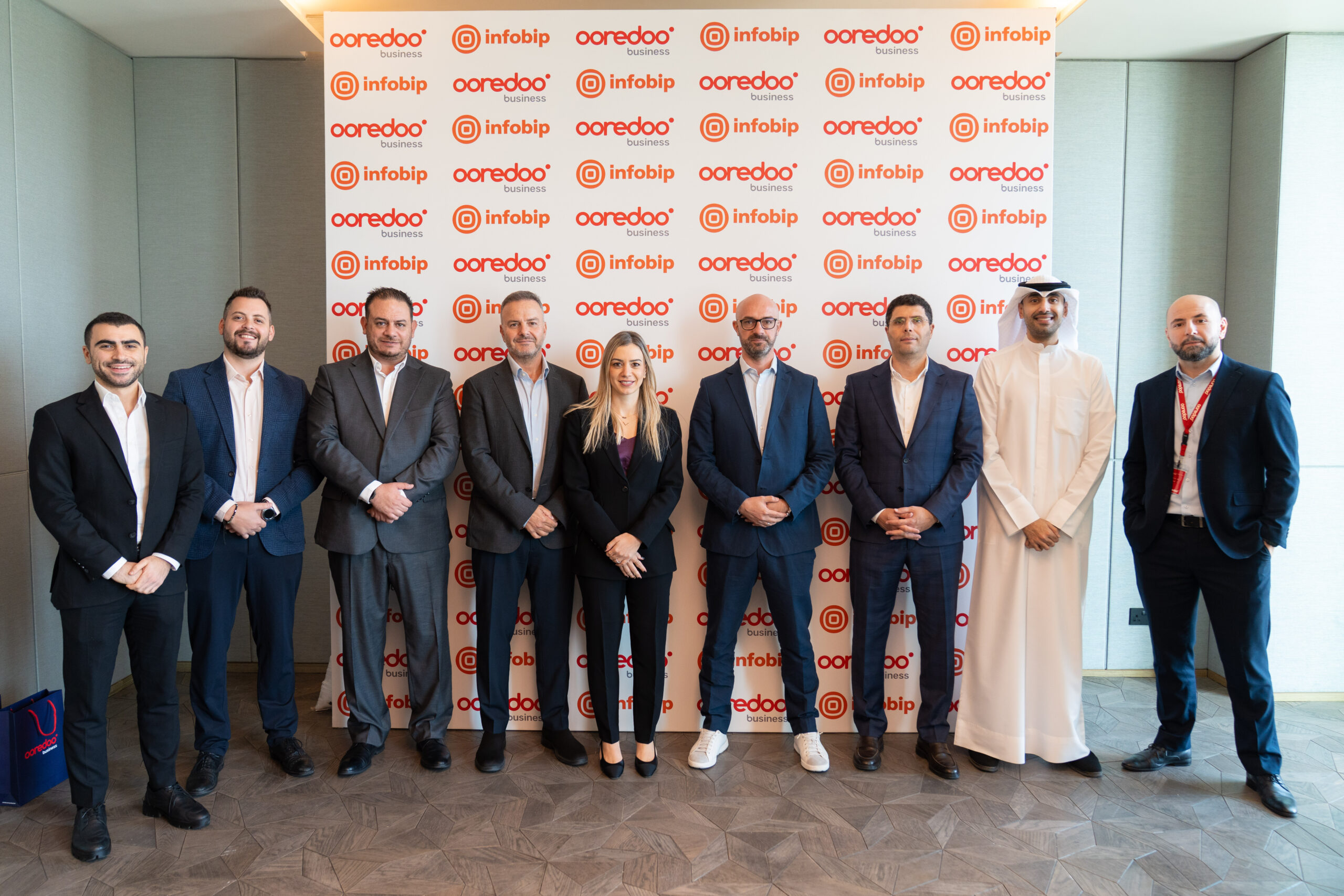AI is not just transforming consumer electronics—it’s redefining the concept of home. By making technology more intuitive, efficient, and interconnected, it is creating a future where our homes are not only smarter but also more sustainable and responsive to our needs.
As the Middle East continues to embrace the AI revolution, these innovations are poised to enhance daily life and contribute to a more sustainable tomorrow.
By Ismail Al Hurani, Vice President, Hisense MEA
Artificial intelligence (AI) is no longer an emerging concept—it has become a cornerstone of modern living, particularly in our homes. From enhancing entertainment experiences to improving the functionality of household appliances, AI is shaping a smarter, more connected future. In the Middle East, the AI market is projected to grow significantly, with the UAE alone expected to contribute up to 14% of its GDP—approximately AED367 billion—through AI by 2030. As regional governments and businesses embrace these technologies, consumer electronics are playing a vital role in bringing this transformation to life.
Smarter Entertainment Through AI
In the realm of home entertainment, AI is redefining how we interact with technology. Gone are the days of manually tweaking picture and sound settings—advanced AI systems can now optimise these features in real-time. Visuals are dynamically adjusted for brightness, contrast, and colour to suit both the content and the surrounding environment, delivering crystal-clear imagery for everything from fast-paced sports to visually intricate documentaries. Similarly, AI-powered audio calibration tailors sound output based on room acoustics, ensuring a surround-sound experience regardless of your setup.
For sports enthusiasts, AI is taking the viewing experience to the next level. Advanced image processing ensures that every frame of a live match is smooth and sharp, capturing the finest details of high-speed action. AI-powered motion smoothing minimises blur, allowing fans to catch every tackle, sprint, or goal in pristine quality. Audio enhancements amplify crowd noise and commentary, immersing viewers in the stadium-like atmosphere right from their living rooms.

Beyond visuals and audio, AI enhances the discovery of content itself. Intuitive user interfaces powered by machine learning simplify how we find what to watch, reducing time spent searching and surfacing options that align with individual preferences. Within the TV & video market in the United Arab Emirates, the number of users is anticipated to reach 8.6 million users by 2029, ensuring that advancements in AI-powered entertainment will allow viewers to access their favourite content with greater ease and personalisation.
AI-Driven Appliances for Greater Efficiency
In home appliances, AI is being used to enhance performance and efficiency. For example, refrigerators equipped with intelligent sensors can maintain optimal temperature and humidity levels to preserve food freshness. Similarly, AI-enabled air conditioners can learn usage patterns and adjust cooling settings automatically to balance comfort with energy efficiency.
These technologies are not only improving everyday convenience but also contributing to more sustainable living by minimising energy consumption.
The Backbone of Smart Homes
AI plays a crucial role in connecting devices within a home, creating an integrated ecosystem. Through centralised platforms, users can control multiple devices from a single app or through voice commands, streamlining interactions and simplifying life.
The future of smart homes lies in predictive technology—systems that anticipate user needs based on learned behaviours. For instance, lights can dim automatically at a preferred time, or appliances can schedule themselves to operate during energy-saving hours, offering an intuitive and efficient way of living.
Paving the Way for a Greener Future
AI-powered innovations are revolutionising home appliances and entertainment systems, making sustainability a built-in feature rather than an afterthought. In the realm of energy-efficient technologies, Laser TVs stand out as a transformative solution for reducing power consumption without compromising on performance. Unlike traditional LED TVs, Laser TVs use significantly less energy, even when delivering stunning, ultra-clear visuals on large displays. Their reliance on environmentally friendly materials and longer lifespan further enhances their sustainability, offering an eco-conscious alternative for entertainment enthusiasts.
Refrigerators are another example of how sustainability is woven into modern living. Equipped with advanced compressor technology and adjustable temperature controls, these appliances provide consistent cooling performance while minimising energy usage. By maintaining precise temperature regulation, they ensure food remains fresh for longer, reducing waste. Additionally, smart energy modes can adjust power consumption during peak hours, optimising performance while keeping energy costs low.
Both Laser TVs and smart refrigerators demonstrate how AI and advanced technology can drive sustainability in meaningful ways. These appliances not only offer superior functionality but also encourage eco-friendly practices by providing real-time feedback on energy use and ensuring efficient operation.
By integrating these innovations into homes, households can actively reduce their environmental footprint, paving the way for a future where advanced technology and sustainability go hand in hand.
With the Middle East experiencing a surge in demand for energy-efficient solutions—driven by national sustainability initiatives such as UAE’s “Net Zero by 2050” strategy—AI-powered appliances and entertainment systems offer tangible benefits for both individuals and the environment.









